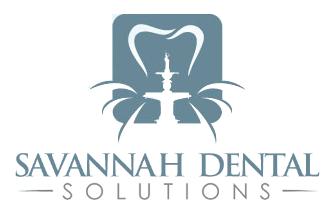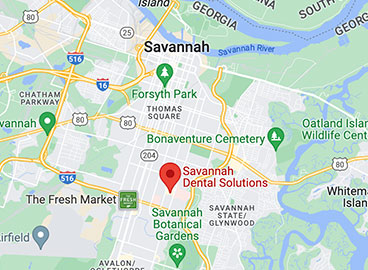Proper oral hygiene combined with professional dental care is the best way to achieve optimal dental health. When you take care of your teeth and see your dentist for teeth cleaning on a recommended schedule, you can keep your teeth healthy and in place for your lifetime.

What is the recommended schedule for brushing, flossing, and seeing the dentist? Here are the recommendations from dental professionals.
Brushing Your Teeth
Most dentists recommend brushing your teeth at least twice a day with a fluoride toothpaste. Usually once in the morning and once at night before going to bed is enough. However, if you are at a higher risk of tooth decay or gum disease for any reason, it may help to brush after each meal. Removing food particles from your teeth and gums is the first step in preventing the buildup of tartar and plaque. Bacteria feed on these, which leads to cavities and gum disease.
Is it possible to brush too much? Believe it or not, yes. There are negative consequences to brushing your teeth too frequently. Brushing excessively can wear away the enamel on your teeth, which weakens them, causes sensitivity, and increases the chances of developing cavities. Brushing too frequently can also damage your gums, causing them to become irritated, inflamed, and start to recede (pull away from the teeth). Avoid brushing more than 3 times a day.
Flossing Your Teeth
Most dentists recommend flossing your teeth once a day. Flossing removes food particles, tartar, and plaque from between your teeth and below the gum line. The area between your teeth, especially the back molars, is a prime spot for food to get stuck, which then turns into tartar and plaque. That feeds the bacteria in your mouth that can eventually cause cavities.
Flossing also strengthens your gums, making them more resilient to irritation and gum disease. Gums are less likely to recede when you are flossing daily. Since your gums hold your teeth in place, if they start to pull away your teeth can become loose. Severe gum recession can even lead to the loss of teeth.
As with brushing, flossing your teeth too much may damage your gums, so stick with a once a day schedule.
Visiting the Dentist
The recommended schedule for regular dental cleanings is every 6 months. Most dental insurance plans cover two dental appointments for teeth cleaning each year. A routine teeth cleaning at the dentist’s office usually includes a thorough oral examination, removal of plaque, teeth polishing, flossing, and sometimes X-Rays. X-Rays of teeth are typically done only once a year, which is usually covered by dental insurance plans. The purpose of taking x-ray images is to identify cavities as well as to see below the gum line for any root issues.
For some patients who are at a higher risk for oral health issues, the dentist may recommend that you have your teeth examined and cleaned more often. If you need any restorative procedures, such as cavity fillings, root canals, or crowns, you may have to go to the dentist between your scheduled cleanings to have those done. But once the procedure is complete you can usually resume your regular schedule.
Stay on Schedule With Savannah Dental Solutions
Maintaining good dental health is much easier when you follow the recommended oral hygiene and teeth cleaning schedules. Whether you’re in need of a children’s dentist or one for the whole family, Savannah Dental Solutions is accepting new patients and welcoming former patients back. If you’ve let your dental care lapse due to lack of insurance or other reasons, we are glad to welcome you and help you restore and maintain your dental health. Whether or not you have insurance, we offer payment options to make your dental care more affordable.
Call (912) 354-1366 or contact us today to schedule an appointment. We look forward to seeing you at Savannah Dental Solutions.


